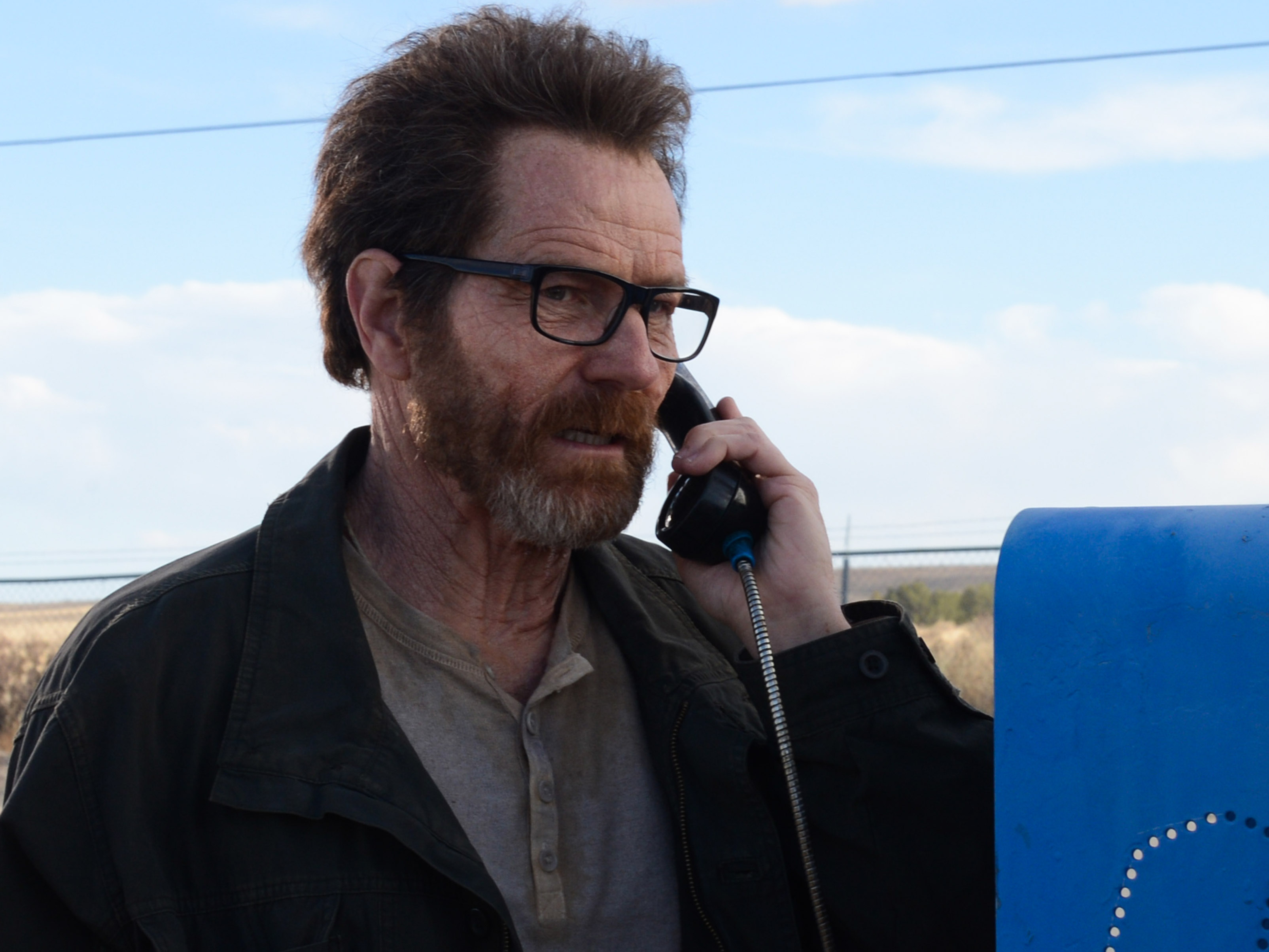- What is money laundering? It’s the act of “cleaning” cash earned illegally to make it look like it has been earned in a law-abiding fashion or to avoid taxes.
- Most money-laundering schemes broadly follow three steps: placing the money in the financial system, layering the money so that it goes undetected, and acquiring the money by (what appears to be) legitimate means.
- Recent high-profile allegations of money laundering include Russia’s Troika Laundromat scandal and the special counsel Robert Mueller’s case against Paul Manafort.
If you’ve ever seen the Emmy-winning drama “Breaking Bad,” you’re probably familiar with the concept of money laundering.
The lead character, Walter White, is a former chemistry teacher who gets into the illicit-drug business. Eventually, he earns enough money to raise eyebrows, so he buys a local car wash to make it appear as though his income came from a legitimate business.
It’s not unusual for a car wash, like other service-based businesses, to handle a lot of cash. It becomes easy for Walt and his wife to blend the “dirty” money into the books by claiming they washed more cars than they really did.
For the sake of television, Walt’s scheme is fairly simple. These systems are often much harder to follow, especially when they’re traversing countries.
It was revealed this week that an alleged international money-laundering scheme, referred to as Troika Laundromat, named for Russia's largest private investment bank, Troika Dialog, allowed the flow of some $4.8 billion of funds from Russian companies and people into Europe and the US from 2003 to early 2013, Business Insider's Callum Burroughs reported.
Read more: 'Troika Laundromat' Russia money-laundering scandal clobbers more banks as allegations deepen
The details of Troika Laundromat are complex and amount to "much more than a money-laundering system," the Organized Crime and Corruption Reporting Project (OCCRP) said.
"The Laundromat allowed Russian oligarchs and politicians to secretly acquire shares in state-owned companies, to buy real estate both in Russia and abroad, to purchase luxury yachts, to hire music superstars for private parties, to pay medical bills, and much more," OCCRP said.
In another high-profile and complex case, President Donald Trump's former campaign chairman Paul Manafort pleaded guilty to charges related to money laundering in Washington, DC, last fall. The original indictment alleged, among other things, that Manafort laundered more than $18 million he earned from Russian lobbying efforts through offshore bank accounts, and he spent the money on lavish real estate, cars, clothing, and art in the US.
Manafort reportedly violated the terms of his plea deal and is set to be sentenced on March 13.
What is money laundering?
Money laundering is the act of "cleaning" dirty money, or illegally earned cash, to make it look like it has been earned in a law-abiding fashion.
Someone who is earning and subsequently spending large amounts of cash in visible ways - luxury cars, homes, or jewelry - could raise suspicions. There's no paper trail of how they earned that money, but with some financial sleight of hand, money laundering helps them create one. In many cases, laundering money is used to avoid taxes.
There are varied ways money laundering can occur, but according to the International Compliance Association, most money-laundering schemes occur in three stages:
1. Placement: Getting the dirty money into the financial system.
2. Layering: Hiding the source of the money through skillful deception in bookkeeping and transactions.
3. Integration: Acquiring the money through what appear to be normal means.
Opening a cash-dependent business to filter money through is one way to get illegally earned money into the financial system. Another way is to make small recurring deposits of cash or transfers, often with the help of an accomplice on the inside, a "smurf," Diane Francis, the editor-at-large at the National Post, previously said.
Once the money is in the bank, it can be used to make large investments, such as real-estate investments; set up shell companies; or create offshore accounts where the money has a lower chance of being detected.
In some instances, as seen in Manafort's case, illegally earned cash is moved directly into offshore accounts to avoid taxes all together.
The United Nations Office on Drugs and Crime estimated some $2 trillion is laundered globally every year. Punishment can vary depending on the location, level, and scope of the fraud, but in the US, a single count of money laundering can carry a prison sentence of up to 20 years and a fine equal to or greater than the amount laundered.

